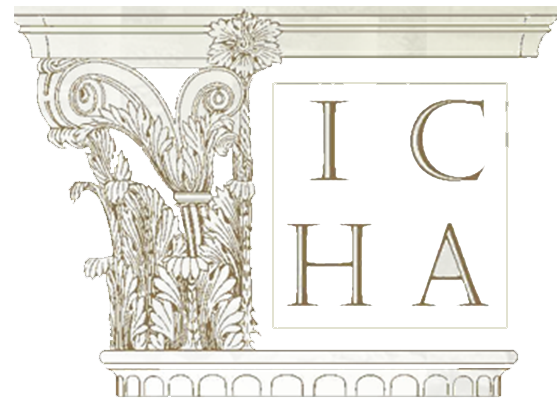Principle 1
Institute of Cultural Heritage and Archaeology (ICHA) promotes the highest standards of conduct, dedication and scientific and professional excellence, which are required from our affiliates and related scientists and practitioners in the interests of the wider public and in the pursuit of the study of the evidence and care of the human past and understanding of the past and future human behavior.
Principle 2
Institute of Cultural Heritage and Archaeology (ICHA) stands and continues to work for enhancement of the understanding of millennial human activity upon the natural world. The institutes believes that our contemporary living environments represent a direct product of this interactive process between nature and culture, and that the understanding of the principles and patterns of this constant transformative movement will enhance both the historic environments and our contemporary living conditions.
Principle 3
Institute of Cultural Heritage and Archaeology (ICHA) stands and continues to work for enhancement of the understanding of shared heritage, cultural diversity and human past. The Institute supports and promotes the efforts of archaeologists, anthropologists, historians and professionals involved in related scientific disciplines, whose work provides this result.
Principle 4
Institute of Cultural Heritage and Archaeology (ICHA) stands and continues to work for enhancement of the understanding of cultural heritage as a common and shared asset of the societies and the humankind. We believe that it is of paramount importance that this particularly vulnerable and diminishing resource should remain available to everyone.
Principle 5
Institute of Cultural Heritage and Archaeology (ICHA) stands and continues to work for universal recognition and treatment of cultural heritage, historic environment and cultural diversity as irreplaceable resources of ours societies and the humankind. The Institute promotes and underlines constantly and actively the corporative and individual responsibility to support the preservation and revitalization of cultural heritage and cultural diversity, and conservation of various artifacts and historic environments.
Principle 6
Institute of Cultural Heritage and Archaeology (ICHA) affiliates and related scientists and practitioners are constantly reminded and supported by the Institute to promote through their work the economical usage of these irreplaceable common resources, to conduct their studies in appropriate manner that should result with reliable information, and to disseminate the results of their work and studies worldwide.
Principle 7
Institute of Cultural Heritage and Archaeology (ICHA) anticipates the incremental and multifaceted influence of culture, heritage and archaeology over the wider area of identities, values, mindsets and social cohesion in the post-modern globalizing world. In this context, the Institute recognizes, emphasizes and promotes the great responsibility of our affiliates and the scientists and practitioners in the related disciplines to influence and support the creation of appropriate policies, good governance and overall wellbeing of the societies and the humankind.
Principle 8
Institute for Cultural Heritage and Archaeology (ICHA) promotes, supports and follows the universal principals of the internationally recognized charters and legislation in the areas of cultural diversity, cultural heritage and archaeology, including the UN Declaration on the Culture of Peace, UN Resolution for the Alliance of Civilizations, The Convention Concerning the Protection of the World Cultural and Natural Heritage, European Cultural Convention, Charter on the Interpretation and Presentation of Cultural Heritage Sites, Charter for the Protection and Management of the Archaeological Heritage, Convention for the Safeguarding of Intangible Cultural Heritage, European Convention on the Protection of the Archaeological Heritage and Council of Europe Framework Convention on the Value of Cultural Heritage for Society.
